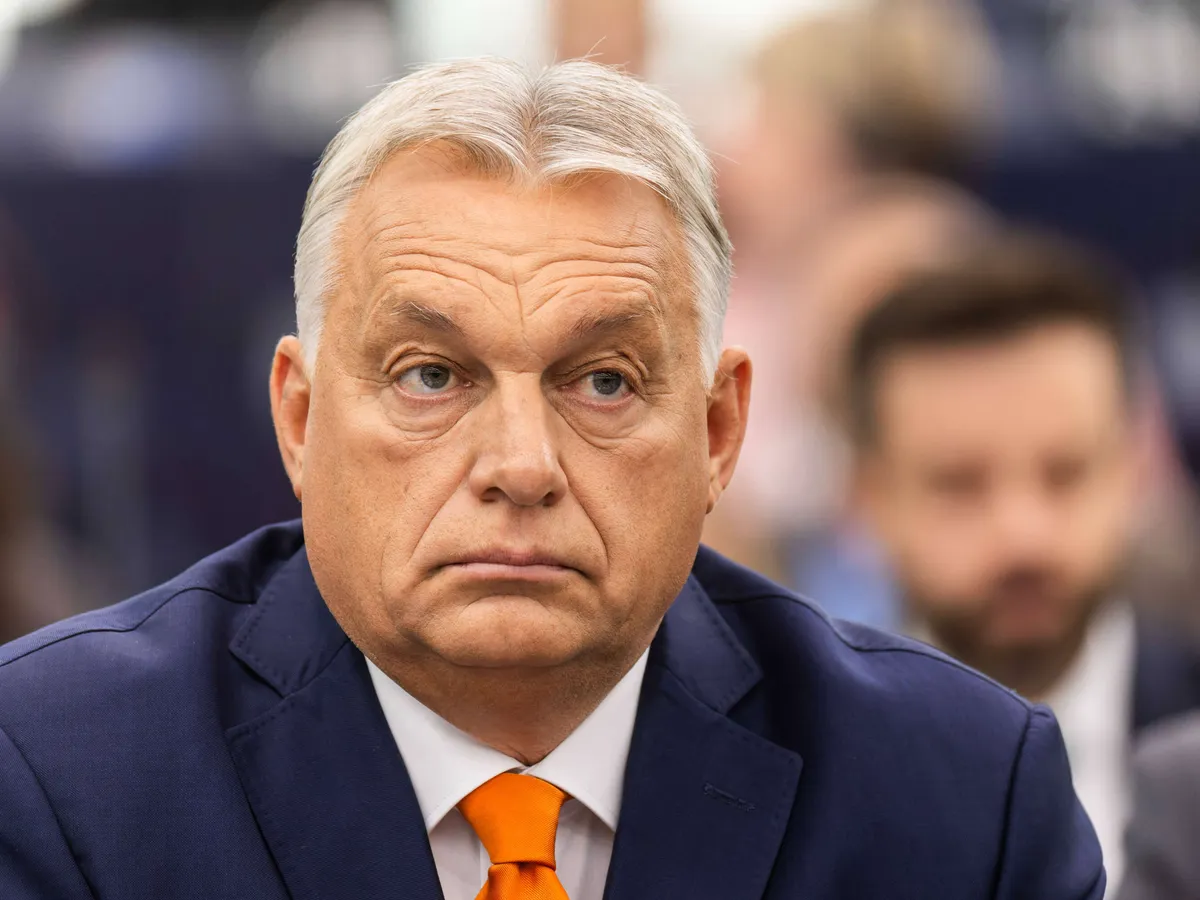The heads of state of the European Union member states will meet in Brussels from Wednesday to Friday.
First, there will be a summit between the EU and the GCC of the Persian Gulf Cooperation Council, and then a meeting of the European Council.
Finland is represented at both summits by the prime minister Petteri Orpo (kok).
With the countries of the Persian Gulf, the EU leaders discuss, among other things, the situation in the Middle East.
It is the first EU-GCC summit. The EU countries want to maintain dialogue and exchange views with the countries of the Persian Gulf.
However, a strongly worded joint statement from the meeting is unlikely, because not all the Persian Gulf countries agree to condemn Russia’s war of aggression in Ukraine. Some of them also participate in the cycle of EU sanctions against Russia.
Hungary as a brake on two decisions
The topics of the EU summit starting on Thursday include Ukraine, the Middle East, competitiveness, migration and foreign affairs.
The meeting was expected to focus above all on competitiveness, but the discussion may remain dull. Recently made a competitiveness report for the EU Mario Draghi will not come to the meeting. He will not arrive until November for the extraordinary EU summit in Budapest.
EU leaders are expected to increase pressure on the Hungarian prime minister this week Viktor Orbania towards.
Hungary is still a brake on two decisions supporting Ukraine: the European Peace Fund’s payments to Ukraine and the G7 countries’ loan to Ukraine.
Billions of dollars in aid for Ukraine are stuck in the Peace Fund, because Hungary does not agree to release the money.
In the summer, the G7 countries reached an agreement that Ukraine would be given a loan of 50 billion dollars, the return of which would be used for the repayment and expenses of the frozen Russian assets. However, how the package will be financed between the EU and the US is open.
The US wants the EU to change its sanctions legislation first. The purpose is to ensure that the Russian assets remain frozen for a sufficiently long time.
Currently, sanctions on frozen funds are valid for six months at a time. The Commission has proposed that the renewal cycle be extended to 36 months.
However, changing the sanctions legislation requires consensus, and Hungary is an obstacle. It would first like to wait to see how the US presidential election turns out.
Leaders of other EU countries are expected to push Hungary back to its roots.
